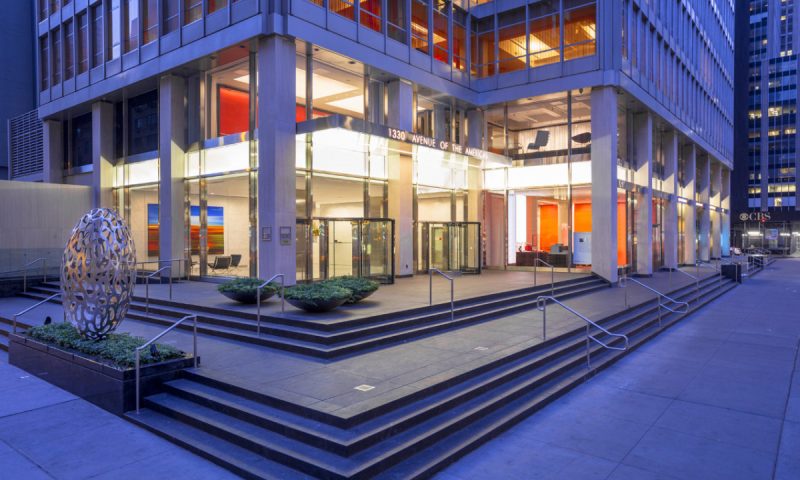Silvercrest Asset Management Group Inc. (SAMG) had a good day on the market for Friday November 01 as shares jumped 5.99% to close at $12.74. About 38,736 shares traded hands on 362 trades for the day, compared with an average daily volume of n/a shares out of a total float of 14.12 million. After opening the trading day at $12.00, shares of Silvercrest Asset Management Group Inc. stayed within a range of $12.75 to $12.00.
With today’s gains, Silvercrest Asset Management Group Inc. now has a market cap of $179.88 million. Shares of Silvercrest Asset Management Group Inc. have been trading within a range of $16.05 and $11.61 over the last year, and it had a 50-day SMA of $n/a and a 200-day SMA of $n/a.
Silvercrest Asset Management Group Inc functions in the financial domain in the United States. Aided by a wide range of investment capabilities, it caters to a ultra-high net worth individuals and institutional investors. The company advises clients on traditional investment strategies focused on equities, fixed income and cash, as well as non-traditional investment strategies, including hedge funds, private equity funds, real estate and commodities. Its suite of services includes financial planning; tax planning and preparation; partnership accounting and fund administration; consolidated wealth reporting; estate or trust agency, and art consultancy and management.
Silvercrest Asset Management Group Inc. is based out of New York, NY and has some 125 employees. Its CEO is Richard R. Hough.
Silvercrest Asset Management Group Inc. is also a component of the Russell 2000. The Russell 2000 is one of the leading indices tracking small-cap companies in the United States. It’s maintained by Russell Investments, an industry leader in creating and maintaining indices, and consists of the smallest 2000 stocks from the broader Russell 3000 index.
Russell’s indices differ from traditional indices like the Dow Jones Industrial Average (DJIA) or S&P 500, whose members are selected by committee, because they base membership entirely on an objective, rules based methodology. The 3,000 largest companies by market cap make up the Russell 3000, with the 2,000 smaller companies making up the Russell 2000. It’s a simple approach that gives a broad, unbiased look at the small-cap market as a whole.

